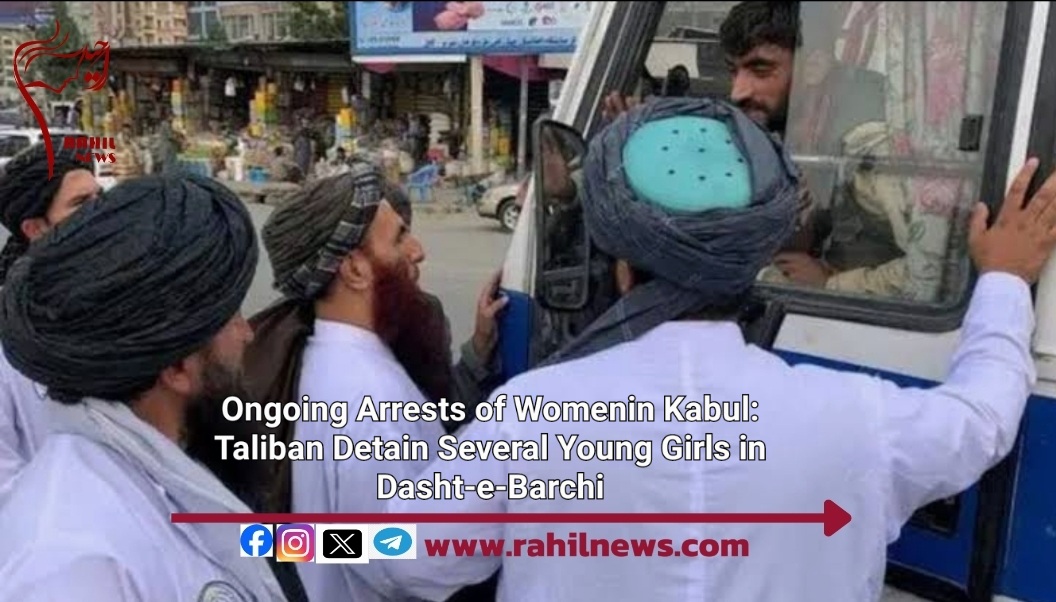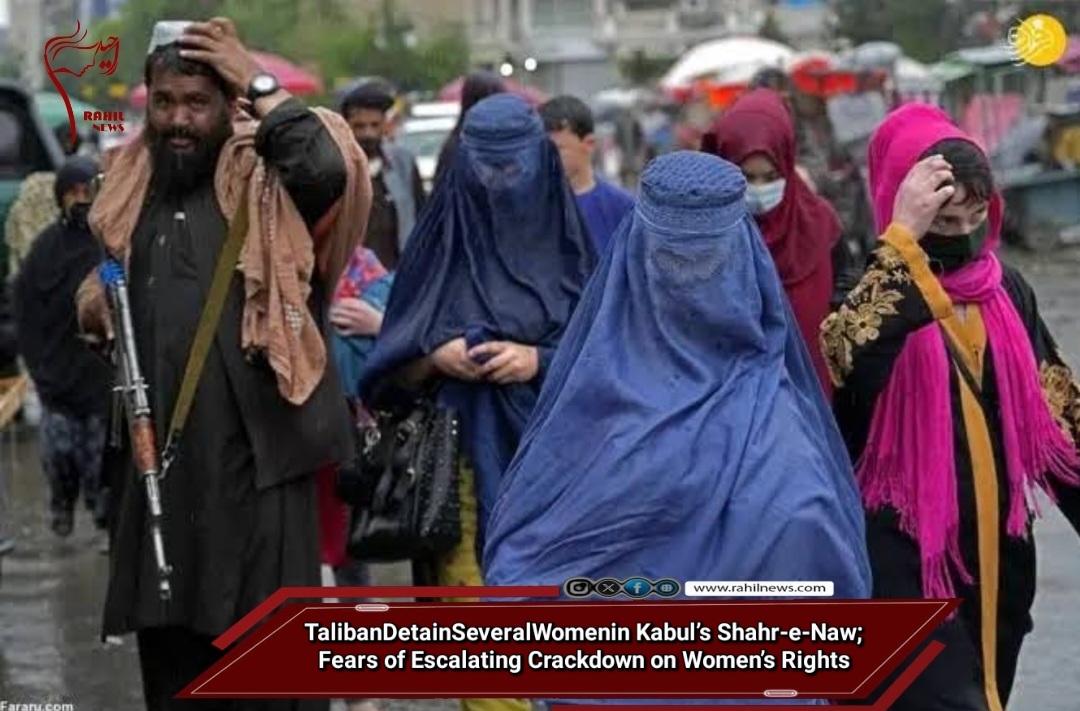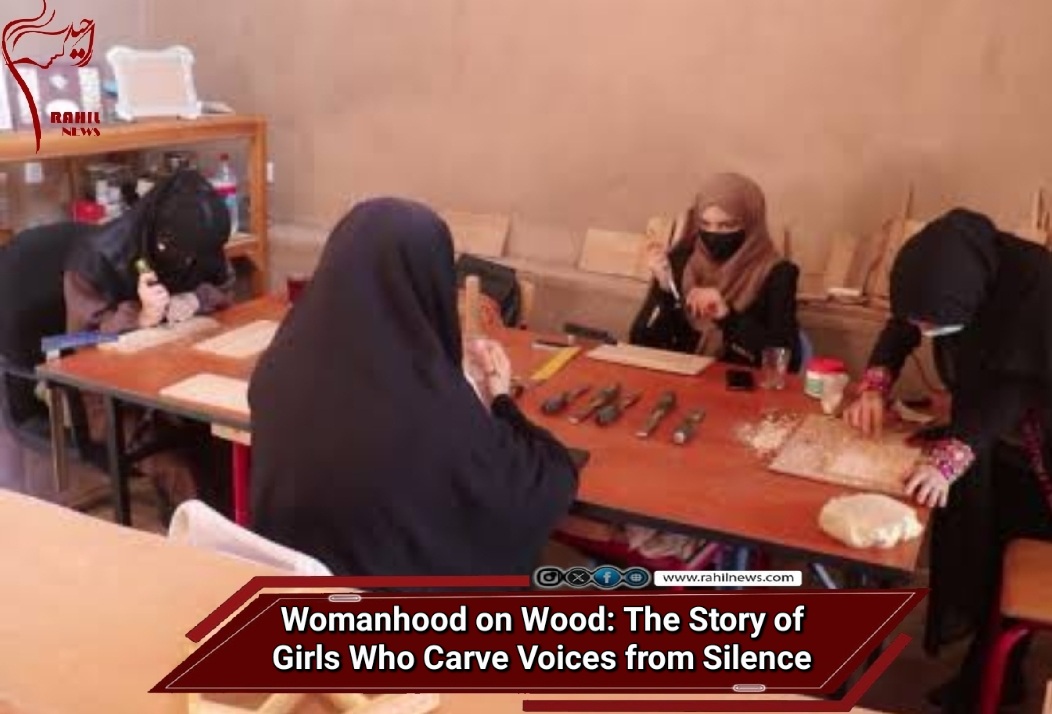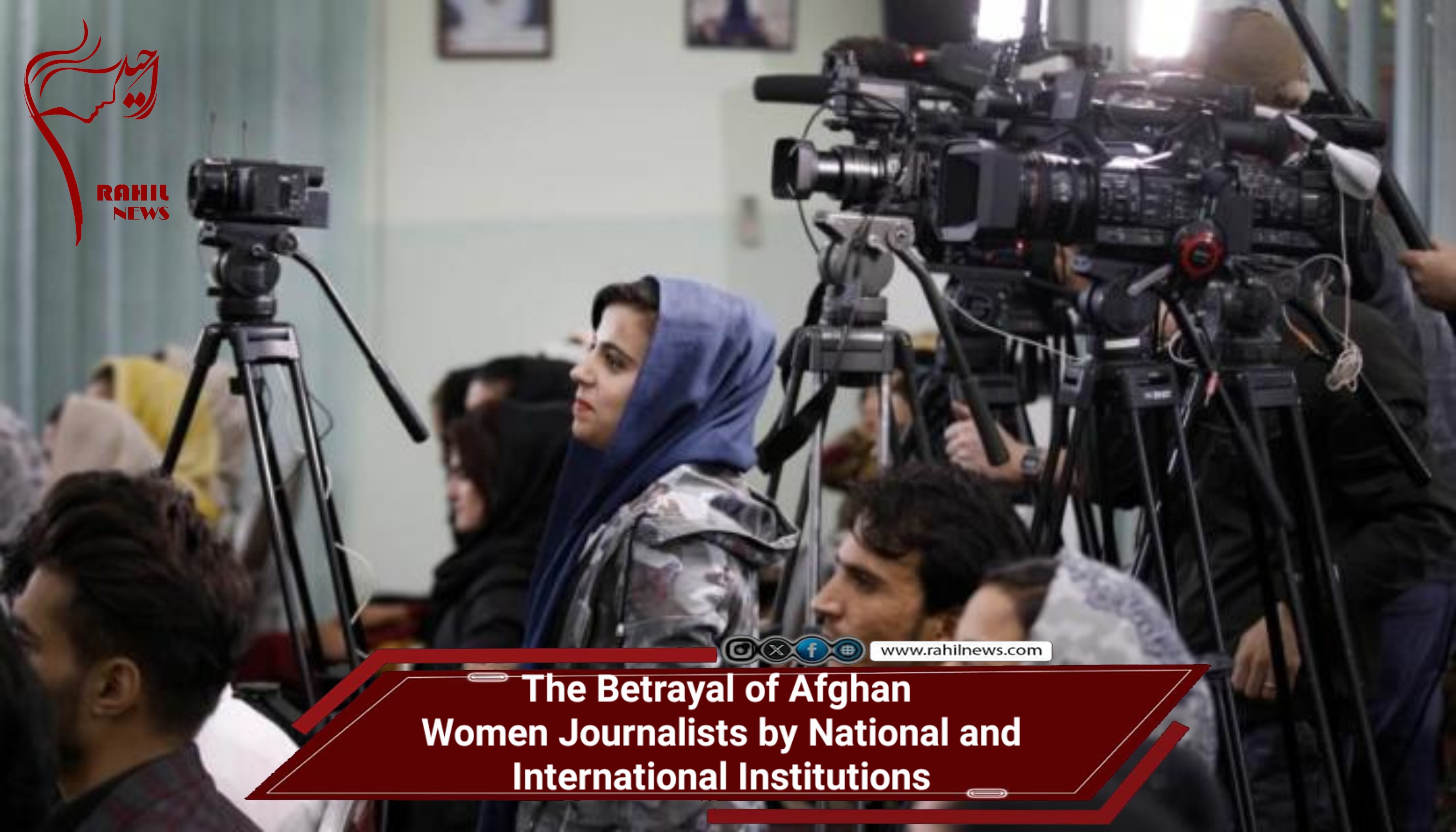
Share:
In a land where being a woman is a crime and speaking the truth is an unforgivable sin, Afghan women journalists are being silenced — not only by the brutality of the Taliban but also by the betrayal of the very institutions that once promised to support them. Those who once vowed to stand with us are now complicit through their silence. This is not only suppression — it is a systematic betrayal of the voices that once spoke for the voiceless and now find themselves forgotten.
I, Hana Karimi, am one of dozens of Afghan women journalists living in fear and darkness. Hidden in a secret location, I flinch at every knock at the door, every unknown number calling my phone, every suspicious sound in the street. But more painful than the Taliban’s repression is the deafening silence of the national and international organizations that claim to defend human rights, freedom of expression, and press freedom.
International bodies — from the United Nations to organizations dedicated to protecting journalists — have either gone blind or deliberately shut their eyes. These same institutions that speak so loudly at conferences about their “commitment to justice and equality” have abandoned Afghan women journalists in our darkest hour. Behind their shiny programs and eloquent reports lie unanswered emails, broken promises, and inaction. They are active on social media but absent in the dark streets of Kabul and Herat, where we are left to survive alone.
On the other hand, national organizations — including media associations and so-called human rights defenders — offer no real support and are instead drowning in corruption and nepotism. Opportunities are handed out not based on merit or need, but based on personal connections. As a result, many women journalists have been forced to flee the country or lay down their pens just to stay alive.
We, Afghan women journalists, have long been the voice of the unheard. But today, we ourselves have been silenced — trapped between two walls: one built of fear and tyranny, the other of betrayal and indifference.
Roya Ahmadi – Journalist in Exile, Islamabad, Pakistan
Roya, a former reporter for a private media outlet in Kabul, now lives with her two young children in a cramped, damp room in Islamabad. She fled the Taliban but could not escape the apathy of international institutions.
> “Every day I wait for hours outside the UNHCR office, hoping someone will hear me. But no one listens. These organizations exist only in press releases and social media posts — not in the lives of people like us.”
Roya says she contacted multiple journalist support organizations but never received help.
> “We’re no longer a priority. Being an Afghan woman journalist today means complete abandonment.”
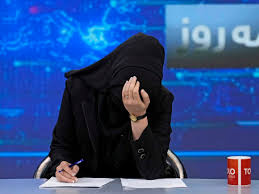
Sara Hosseini – Journalist in Hiding, Kabul
Sara still lives in Kabul under a false identity. She no longer writes, no longer reports — just survives.
> “The day they shut down our office, I left everything behind — my notes, my recorder, my laptop. I never returned. I now live in a rented room, cut off from the world. No one from the national journalist unions even asked what happened to me.”
She points to the corruption in local media organizations, where opportunities are hoarded by the well-connected.
> “The aid never reaches us — it’s taken by those who are already safe. Those of us in real danger have been erased.”
Nahid Zamani – Journalist in Quetta, Pakistan
Nahid, a former radio reporter, now lives in constant fear of deportation and harassment in Quetta.
> “They only use our stories to raise funds. When it comes time to act, they disappear. I’ve been applying for asylum for six months — nothing.”
She continues:
> “The so-called human rights organizations are deaf. Embassies are blind. The doors are shut, the phones are off, and the promises are rotten.”
Conclusion: A Silence That Speaks of Betrayal
We — Afghan women journalists — are being crushed not only by the violence of the Taliban but by the silence of the world. The international community’s inaction is not neutral; it is complicity. Their betrayal is not passive; it is systemic.
This is not just my story — it is the story of dozens of women who once stood tall in the face of threats, but today are forced into silence and shadows. This is not a plea for pity. It is a call to conscience.
If you turn your backs on us today, history will not forget.
We are still here — with wounded pens and heavy hearts, but still breathing.
✍️ By Hana Karimi | For Rahil News
> Note: For security reasons, all names mentioned in this report have been changed to protect the identities of those involved.

